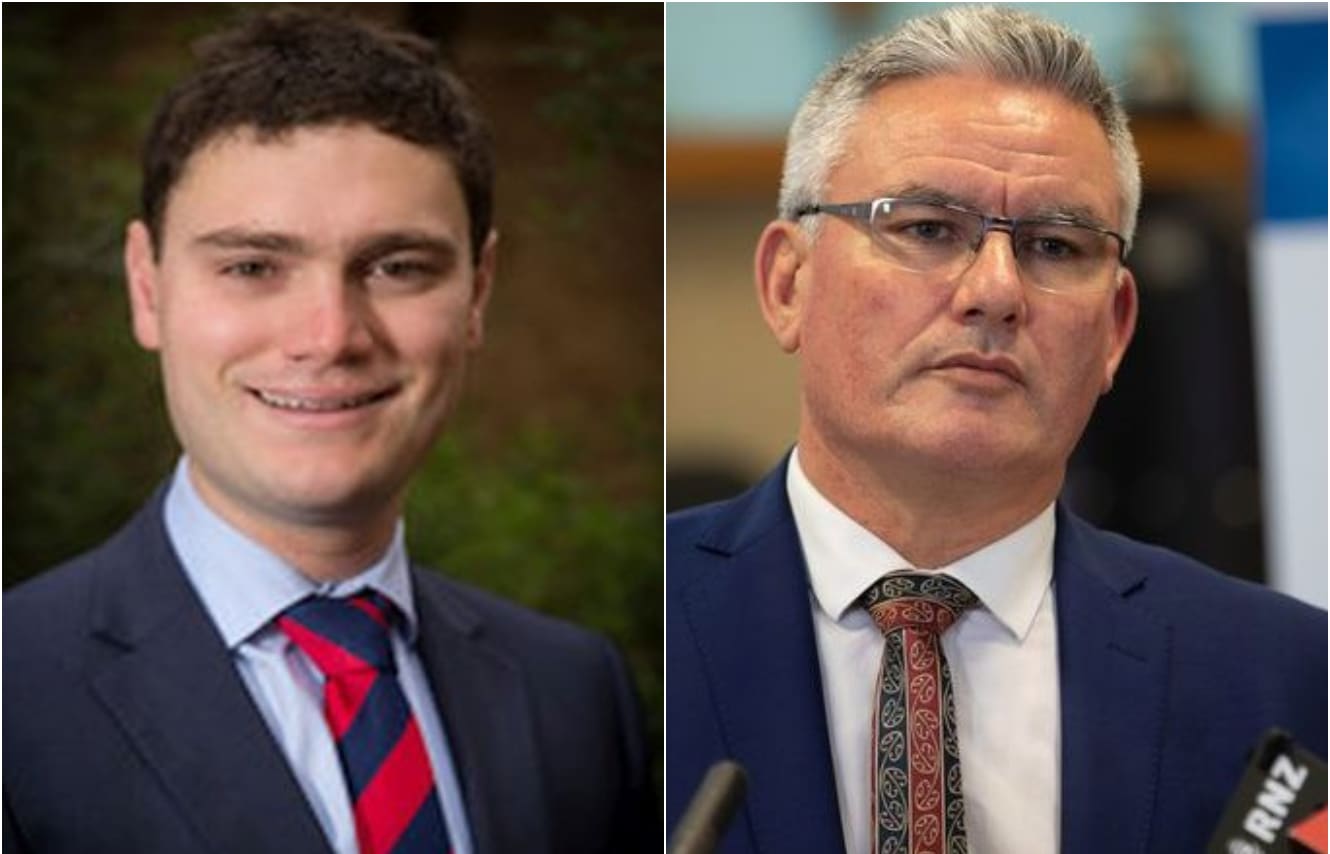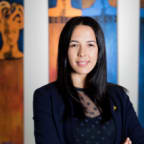Politicians and iwi leaders are criticising the Taxpayers' Union for saying the government shouldn't give koha because it could be used to buy Māori support.

Taxpayers' Union executive director Jordan Williams, left, and Crown-Māori Relations Minister Kelvin Davis. Photo: Supplied / RNZ
Giving a koha is a Māori custom that has stood the test of time. It's a token of appreciation generally given to hosts of a hui or tangi.
These days, a guest might place an envelope with money in it on the marae ātea during the pōwhiri.
"That in and of itself sets a very dangerous precedent," Taxpayers' Union executive director Jordan Williams said.
"Literally giving cash to a minister, paid for by taxpayers, to hand over, is grossly inappropriate."
Mr Williams said taxpayers could not tell what the money is being spent on and there was a risk of it being used for bribery or corruption.
"There needs to be more transparency in this area and we should know precisely what koha is being used for.
"And much better to actually charge for services, so we can tell whether the taxpayer is getting value for money."
When Crown-Māori Relations Minister Kelvin Davis held 33 hui around the country to consult on the new agency, he gave koha to marae who hosted him, in addition to paying for venue hire and catering.
On average, he spent $2200 per hui in total, he said.
"If people like the Taxpayers' Union had spent any time out the back of a marae during a hui and seen all the volunteer efforts going in, the power cost ... maybe they may have some credibility in my eyes.
"Until they do that, they are just a bunch of ignorant monoculturalist who feel that Māori still have to justify ourselves to them."
'No dollar sign attached to koha'
There is no expectation that koha is in the form of money. It can be given as kai or by lending a hand at the hui.
"If you added up the amount of voluntary time and effort that Māori have put in to hosting government groups, you will probably find that we have saved the taxpayer millions of dollars."
Te Rūnanga o Ngāti Whatua chair Dame Naida Glavish said the Taxpayers' Union did not understand the meaning of koha.
"Ko and ha is your breath of life that you are offering, and there is not a dollar sign attached to koha," she said.
She is disappointed that Māori customs are being questioned, and said it was offensive to suggest Māori can be bought.
"I can assure you that Māori would not be bribed by the offer of koha. No koha is ever big enough to bribe anyone in the world of Māori that I know."
National MP Chris Finlayson said he gave koha to marae when he was the Treaty Negotiations Minister, and it was not about what you got out of it.
"It is not about bangs for their bucks - it is a sign of respect to the party that's hosting," he said.
"The Taxpayers' Union should really focus on the things that matter and really not get tied up with trivial nonsense."
Jordan Williams has given a koha to a marae he stayed at and said it was value for money, but maintained that it was not appropriate when it was taxpayers' money.
He said he had never asked the organisation's Māori members what they thought of the policy, but none had raised concerns.


